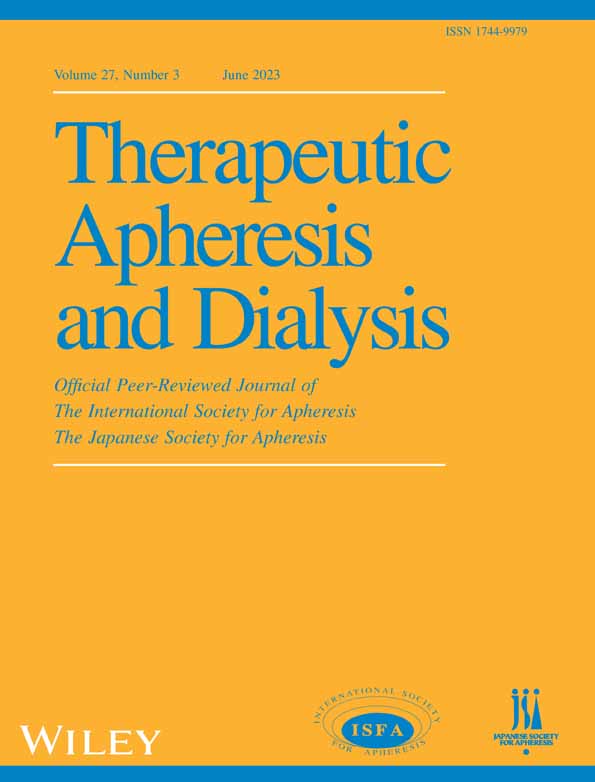Hemodialysis treatment for poisoning patients in the emergency department
Abstract
Introduction
We aimed to evaluate the hemodialysis (HD) use in adult patients after acute poisoning in the emergency department.
Methods
The study was performed as a retrospective observational cohort study. We analyzed hospital electronic data system and patient files.
Results
A total of 55 patients were included in the study. Among the 10 toxins exposed, the most common were methanol and metformin. The most common indications for HD treatment were: 67.3% (n = 37) for toxin elimination, 20% (n = 11) for treatment-resistant metabolic acidosis, hemodynamic disorder. The most common complication (50.9%) in all patients was central nervous system depression. Ten patients died from ingestion of methanol, one of aluminum phosphide, and one of opioid-sympathomimetic-hallucinogen agents.
Conclusion
HD is the most commonly used extracorporeal treatment method in the treatment of poisoning patients. HD should be considered without any delay in treating poisoned patients if there is no response to conventional treatments.
CONFLICT OF INTEREST
The authors have no conflicts of interests to declare.




